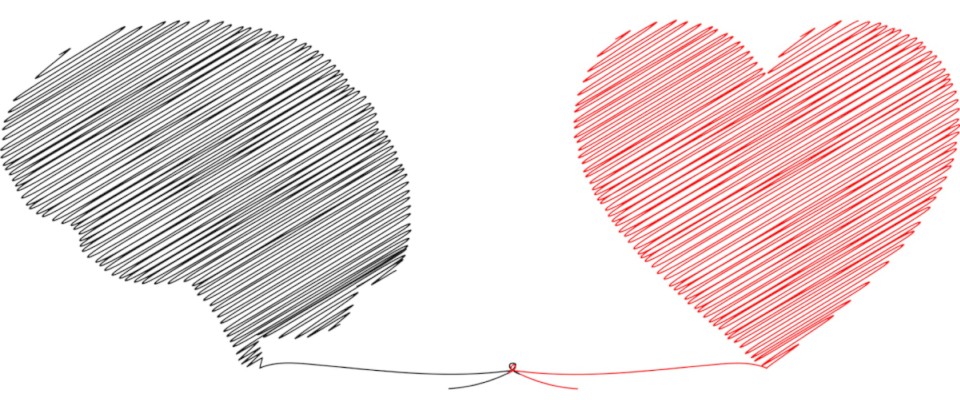There is a philosophical observation whose shorthand form is attributed to Alfred Korzybski: “The Map is not the Territory.” Unfortunately, our inability to reflect on why words have power and where there power comes from leads us into all sorts of dead ends…
If you want to know more about this, I would highly recommend a recently released lecture given by the (unfortunately socially disgraced) American philosopher John Searle on “The Logical Structure of Human Civilization.”
Imagine you have the power to write, enact, and enforce a new law that reflects your preferences in a given policy area. If you do so — and assuming of course that the law you write goes into the direction you think of as progress — would you consider the new law, in and of itself, progress?
It seems to me that this is one of the issues we are facing in Western Democracies. The notion that changing the laws is, in itself, some sort of progress, regardless of “how laws work”. And with work I do not mean the ability of government agencies to enforce them, but the entire process around laws.
To make a long story short, I believe we have forgotten, or maybe we were never particularly aware of, how humans come to having laws, what they represent, and why they work the way they do. Fundamentally, for a system of laws to work — in the absence of a tyrannical government of any kind — the people governed by those laws must agree on their legitimacy.
And the experience of legitimacy derives not from the observation that a nominally established process was followed. The fact that some democratically elected representative voted on a law does not make it legitimate. Instead, this fact derives from an experience that the law represents what a majority of people actually believe the law ought to be.
In other words, a law can only be upheld in a free society without the risk of violent clashes if the people generally feel that the spirit of the law reflects how everyone, on average, feels about the area the law touches upon. Conversely, if a law violates how a large enough number of people intuitively relate to a topic, then it will lead to resistance.
Naturally, there are two temporal orders in which change in these correlated cultural and legal domains can occur. First, if over time people change their mind on — and with it how they feel about — a given topic, say whether or not women ought to have the societally sanctioned ability to pursue a life outside of motherhood, then it will at some point become necessary to adjust the legal framework to recognize this cultural change.
Second, if some trailblazing pioneers of progress manage to advocate for a new legal framework, it can then happen that the discussion about and passing of a new law may induce the necessary cultural change, so that enough people change their mind on a topic. This process was captured in the “Diffusion of Innovations” theory by Everett Rogers.
Importantly, if the consequence described above — that a new law over time leads to broad public recognition of the new approach being superior to the old one — fails to materialize, then a mismatch between laws and experienced reality occurs. And the longer this mismatch exists, the more energy will be spent by those disagreeing with the new law to repeal it, and to revert to the previous state of affairs.
And this is roughly how many areas of policy debate appear to me these days: two factions have evolved, each convinced that their approach is the better one, and few people showing any motivation to go to the trouble of seeking cultural change (first).
Instead, I see people clinging on to the notion that by changing laws progress is made. I do not believe that that is how laws work — or could work, for that matter.
To come back to the initial description of the map not being the territory, I believe that to change reality, it is important to first see it for what it is. If I want to move a glass of water, I need to apply the force to where the glass actually is, not where I wish it was. And if I want to move the culture in which I live towards a state I would consider progress, I need to meet the minds of that culture where they are, not where I wish they were.
